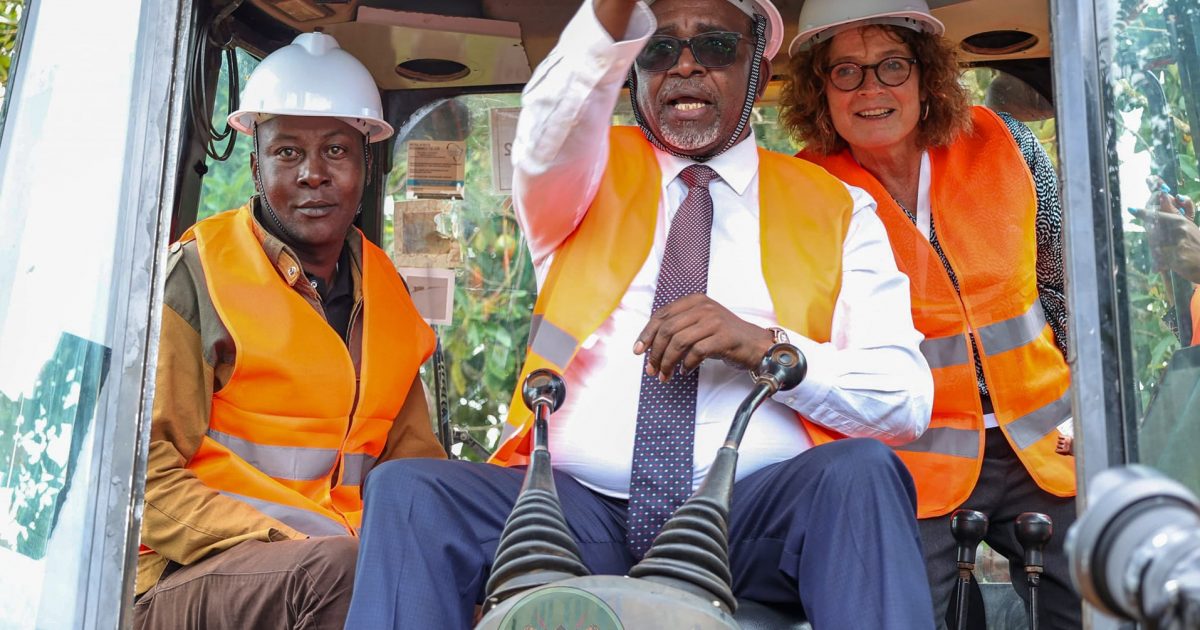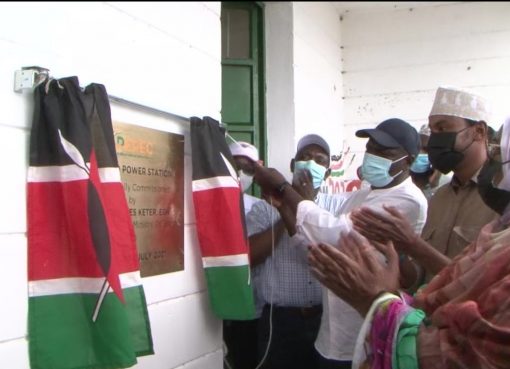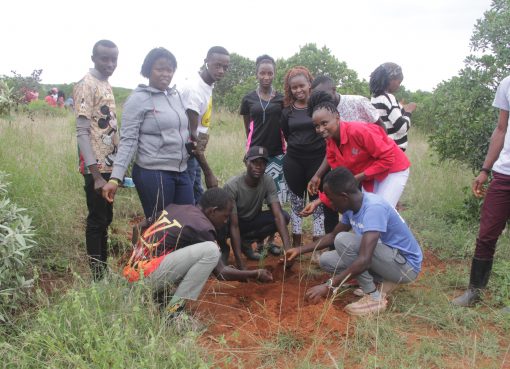The government has commissioned the Roots, Tubers and Bananas East Africa Germplasm Exchange Laboratory (RTB-EAGEL).
The facility will implement proven approaches based on best practices in agriculture, a venture that offers the quickest payback period for investments.
Speaking during the ground-breaking event for the construction of RTB-EAGEL at KEPHIS Plant Quarantine and Biosecurity Station in Muguga, Agriculture and Livestock Development Cabinet Secretary Mithika Linturi said access to high-quality planting material has a great bearing towards the Kenya Kwanza`s Bottom Up Economic Transformation Agenda 2022-2027.
In a nutshell, KEPHIS is a state corporation established by the KEPHIS Act 2012, whose mandate is to regulate all matters relating to plant protection, administer and enforce sanitary and phytosanitary measures, undertake inspection and grading of plants and plant produce at the ports of entry and exit, regulate import and export of plants and plant materials, and act as a liaison office for international conventions relating to plant variety protection, plant protection and seed certification.
This project’s realisation is therefore crucial for Kenya’s agricultural revolution and we are committed to collaborating to benefit from its benefits and attract future investment.
Hence, the CS thanked GIZ, International Institute of Tropical Agriculture (IITA), International Potato Council (CIP) and the entire Consultative Group on International Agricultural Research (CGIAR) community for their continued significant support of Kenya’s agriculture.
Prof. Theophilus Mutui, the MD for Kenya Plant Health Inspectorate Service (KEPHIS) said KEPHIS, Ministry of Agriculture and Kenya are very proud to host this timely facility.
“There was a dire need for a centralised facility within KEPHIS that can operate at a higher scale, provide services reliably to the region and serve as a centre of excellence and training as well as be a one-stop shop for stakeholders and farmers,” he added.
Prof. Mutui said that farmers in Kenya and Africa will enjoy enhanced access to disease-free vegetative propagating materials with the facility further complementing the impact of the plant quarantine and bio-security station as the COMESA designated regional reference laboratory for plant health and offering services in the entire Africa region.
The Chairman, KEPHIS Board Joseph M’eruaki said the investment in the facility to a tune of Sh260 million will greatly contribute to KEPHIS mandate and enhance access to disease-free, high-quality planting material.
“The facility will make available high-quality disease-free planting material to Kenyan and East African region farmers thereby enhancing agricultural productivity and also contributing greatly to the promotion of safe trade without transfer of pests and disease,” he said.
M’eruaki thanked GIZ who are funding the project through the crops to end hunger programme and the International Institute of Tropical Agriculture (IITA) and the International Potato Centre (CIP) for their collaboration that led to the funding of the facility.
By Wangari Ndirangu





